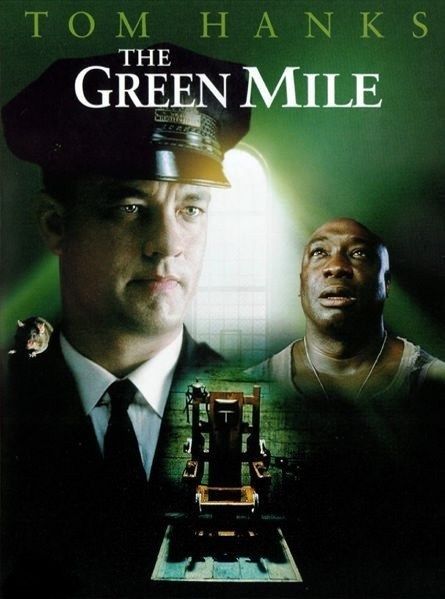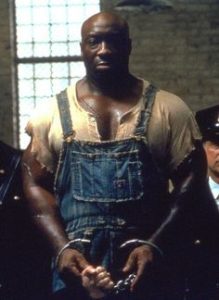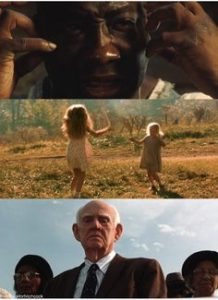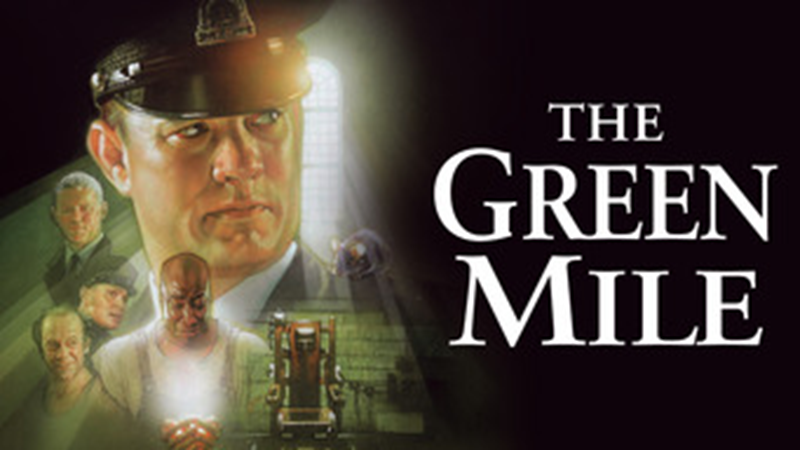
The Green Mile (1999): A Powerful Story of Compassion, Justice, and the Supernatural
The Green Mile, directed by Frank Darabont and based on Stephen King’s novel, is an unforgettable exploration of humanity, redemption, and the mysteries of life and death. Set in the 1930s, the story follows Paul Edgecomb (Tom Hanks), a prison guard on Death Row in Louisiana, known as “The Green Mile.” Here, prisoners take their final steps down the green-tiled corridor toward the electric chair. Paul’s routine is disrupted when John Coffey (Michael Clarke Duncan), a gentle giant convicted of a horrific crime, arrives at the Mile, revealing a surprising ability to perform miraculous healings.

The film blends drama and fantasy, exploring the complex relationships between the guards and the inmates, particularly between Paul and John. Through powerful performances, Tom Hanks and Michael Clarke Duncan bring depth and emotion to their roles, showcasing themes of justice, mercy, and compassion. As Paul begins to question the nature of justice and the potential innocence of John, he is faced with moral dilemmas that force him to reconsider everything he knows about punishment and forgiveness.

With stunning cinematography, a haunting score, and a deeply moving narrative, The Green Mile delves into themes of faith, suffering, and the impact of kindness. It is more than a prison story; it’s a profound look at the human soul, the extraordinary in the ordinary, and the small acts of compassion that transform lives.

The Green Mile is a timeless, heart-wrenching tale that challenges viewers to think deeply about humanity, prejudice, and the extraordinary power of empathy. It remains a cinematic masterpiece, combining drama with supernatural elements to create an emotionally powerful story that leaves an indelible impact on anyone who watches.

